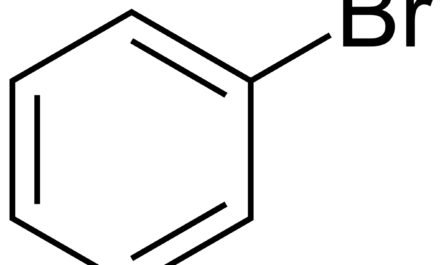The South East Asia halal skincare market is witnessing high demand for products catering to religious and cultural sensitivities. Halal skincare products are manufactured using ingredients permissible according to Islamic Sharia principles. These products do not contain any components derived from animals like pigs or alcohol. The rising disposable income and growth of the middle-class population in South East Asian countries like Malaysia, Indonesia and Singapore has contributed to the increased spending on personal care products. The global halal skincare market is estimated to be valued at US$ 673.2 Bn in 2024 and is expected to exhibit a CAGR of 15% over the forecast period from 2024 to 2030.
Key players operating in the South East Asia halal skincare market are Natron Energy Inc., Faradion Limited, Altris AB, AMTE Power PLC, Contemporary Amperex Technology Co. Limited, NGK Insulators Ltd., and TIAMAT SAS. Major skincare brands are introducing new halal certified product lines to cater to the demand from Muslim consumers in the region. The growing Muslim population, coupled with rising disposable incomes, acts as a driver for mainstream beauty brands to offer halal beauty and personal care products.
Key opportunities in the market include the introduction of multifunctional South East Asia Halal Skincare Market Share with added health benefits. Manufacturers are focusing on incorporating natural active ingredients that hydrate, nourish and rejuvenate the skin. The application of advanced technologies such as artificial intelligence and 3D printing for customized halal skincare formulations present significant growth prospects.
Technological advancements like solid-state battery technology are enabling longer lasting and safer halal certified beauty devices. Solid-state batteries use a solid electrolyte instead of a liquid or polymer battery which makes them safer and more durable. This technology is powering at-home LED light devices for facial therapies, skin conditioning tools and heated eyelash curlers.
The rising consumer preference for halal certified products is a major market driver. Consumers are increasingly conscious about the ingredients and manufacturing processes of personal care products. The halal certification provides assurance that products adhere to religious guidelines. Furthermore, growing concerns regarding health and wellness have increased the demand for natural skincare free from harmful chemicals. These factors are expected to propel the growth of the South East Asia halal skincare market over the forecast period.
The South East Asia Halal Skincare Market is estimated to be valued at US$ 673.2 Bn in 2024 and is expected to exhibit a CAGR of 15% over the forecast period from 2024 to 2030.
Key Takeaways
Key players operating in the South East Asia halal skincare market are Natron Energy Inc., Faradion Limited, Altris AB, AMTE Power PLC, Contemporary Amperex Technology Co. Limited, NGK Insulators Ltd., and TIAMAT SAS. The growing Muslim population, coupled with rising disposable incomes, acts as a driver for mainstream beauty brands to offer halal beauty and personal care products.
Current challenges in South East Asia Halal Skincare Market
The halal skincare market in Southeast Asia faces some key challenges. Though awareness about halal certified skin and personal care products is growing, consumer education needs to be further improved. Many consumers are still not fully aware about ingredients that are permissible and non-permissible according to halal guidelines. This restricted them from fully exploring the options available in the market. Standardization of halal certification is another area that requires more attention. The processes and parameters of certification may differ across certifying bodies in the region. This leads to confusion among buyers. The halal skincare industry also faces shortage of raw materials at times. Sourcing ingredients that are halal certified as well as effectively meeting the demands can be difficult.
SWOT Analysis
Strength: Growing Muslim population and rising disposable incomes in the region have increased demands for halal skincare products. Strict adherence to halal guidelines has helped brands earn trust of customers.
Weakness: Limited availability of halal certified ingredients increases production costs. Many local brands have constraint of resources for extensive R&D.
Opportunity: Increasing popularity of organic and natural skincare products provide an opportunity to roll out more Ayurveda and herbal based halal ranges. Growing halal tourism offers scope for related product launches.
Threats: Stiff competition from multinational brands increases pressures on pricing. Issues around standardization of halal certifications pose challenges to wider acceptance of some local brands.
Geographical Regions
Indonesia accounts for the largest share of the South East Asia halal skincare market, both in terms of value and volume. With the world’s largest Muslim population and growing middle class, Indonesia presents substantial demands as well as business prospects. Popular destination of halal skincare products include West Java, Central Java, Aceh, and North Sumatra provinces.
Malaysia has emerged as the fastest growing market for halal certified skincare products in recent years. Significant growth drivers include increasing exports as well as elevated consumption levels amidst rising affluence. Major contributors to the Malaysian halal skincare market are Johor, Kuala Lumpur, Selangor, and Penang regions.


